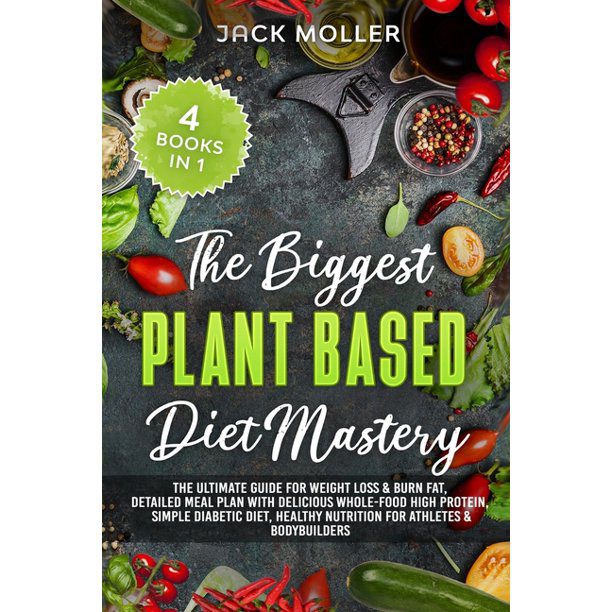Meal planning is a critical element of a healthy lifestyle that saves you time, money, and stress while keeping you on track with your nutrition goals. Start by creating a plan, selecting a day of the week to sit down and plan your meals for the week ahead. Having a well-stocked pantry can help you save time on meal prep, as can adopting batch cooking, leftovers, and simple recipes. Stay flexible but stay true to your goals when creating a meal plan that works around your lifestyle. With these meal planning tips, you can make healthy eating an effortless part of your day-to-day routine.
Mastering Meal Planning: Your Ultimate Guide
Meal planning is a crucial step in the journey to a healthy lifestyle. With busy schedules and limited time, planning ahead can save you time, money, and stress while keeping you on track with your nutrition goals. Follow this ultimate guide to master meal planning and make healthy eating a simple and seamless part of your routine.
1. Start with a plan
The first step in effective meal planning is to set a plan. Choose a day of the week to sit down and plan your meals for the week ahead. Pick 2-3 breakfast, lunch, and dinner options then create a grocery list based on those meals. This will save you time and money and help you to avoid impulse purchases and dangerous snacking.
2. Maintain a well-stocked pantry
A well-stocked pantry can be a time-saver when it comes to meal preparation. Stock your pantry with staples such as quinoa, beans, canned tomatoes, and broth to make preparing meals much easier. You should also have essentials such as spices, herbs, and oils to help you to add flavor and variety to your meals.
3. Embrace batch cooking
Batch cooking is a lifesaver when you are trying to maintain a healthy lifestyle. Spending a few hours once a week cooking large amounts of meals and freezing them in portions can save you a lot of time and stress. This is a great approach when it comes to meal prepping, especially if there are days where you feel less motivated to cook.
4. Utilize leftovers
Instead of discarding leftovers, utilize them. This can save money, time and help you to reduce food waste. Consider leftovers when planning your meals for the week; cook a larger portion of food than you need for one meal so that you can have leftovers for one or two meals. You can also turn leftovers into new dishes, such as using cooked vegetables in a soup the next day.
5. Keep it simple
While it’s tempting to pin complicated recipes and show off your culinary skills, simple meals are typically quicker to prepare and are more sustainable over time. Stick to simple, tasty, and easy-to-make meals during the week, and save the experimenting for the weekends.
6. Stay flexible
Flexibility is key when it comes to meal planning. Don’t be too hard on yourself if you fall off track; it is normal when starting new habits. Adjusting your meals and goals are okay and not a failure. Be flexible with your meal planning and incorporate other healthy options as needed to help you to stay on track.
7. Create a meal plan based on your lifestyle
It’s important to create a meal plan that works with your lifestyle. If you lead a busy lifestyle, choose meals that are easy to prepare and don’t require a lot of ingredients. On the other hand, if you have more time to cook, explore new recipes and experiment with new ingredients.
In conclusion, meal planning is an essential aspect of healthy eating. Not only does it save time and money, but it also helps you to stay on track with your nutrition goals. With the tips outlined in this guide, you can master the art of meal planning and make healthy eating a seamless part of your daily routine.
